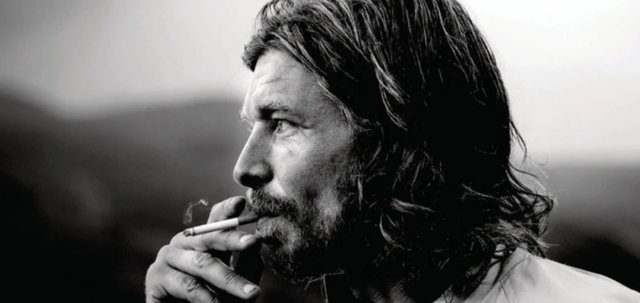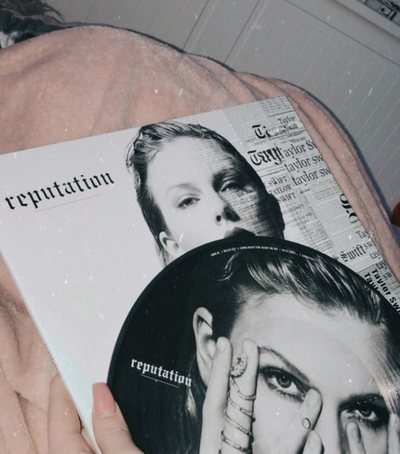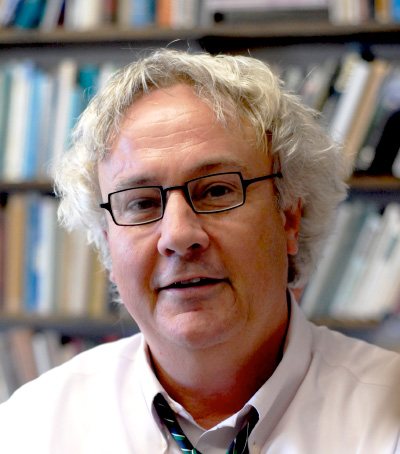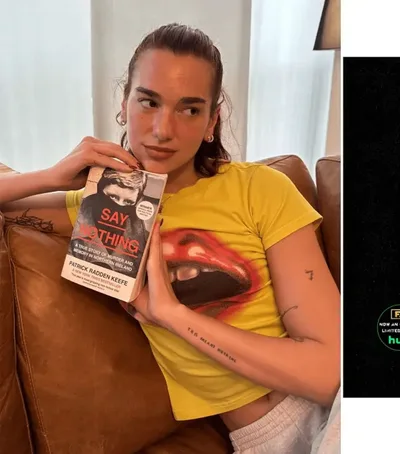
The "end" closes the works of the Norwegian writer, who has dedicated 6 volumes to a real story, in such a meticulous way that it seems like an imitation. Literature is dangerous, it challenges our idea of good or evil. And there is a price to pay
A cult writer or a boring narcissist? The monumental work of Karl Knausgard, 6 volumes and thousands of pages describing his daily life down to the smallest detail, has divided critics and the public, but has turned it into a kind of rocketry of world literature.
A timid and reserved character, he accepts a meeting at the cafe in Blackheath, the remote suburb of London where he now lives.
"My Battle" is now coming to Italy with the latest series. But the whole work, with its attempt to describe life in all its details, reminds you of the Map of the Empire, in the famous story of Borges: which reproduces reality with all its peculiarities, so much so that in the end it turns out useless.
You yourself admit that in the end you failed. What happens next? After the failure, in which direction will you continue to walk?
All art is a failure. He's trying to get somewhere, but in the end he can't. And then try new approaches and ways. And what remains is art, not life. When I finished the book "My Battle", I wanted to stop writing, but then I went on again.
So did you find a way to overcome that failure?
Now I write fiction, and Iâ??m working on a novel. Iâ??m still writing it, but in a different way: even though Iâ??m looking for the same thing. When I wrote "My Battle", I was looking for my life. And now Iâ??m still trying to find a meaning to it.
The idea of finding a way to fully describe real life is based on the idea of art as an imitation, as was once defined by Plato. "My Battle" was the highest point of mimetic art. But to what extent is art an imitation?
In the last book, there is a very important part, almost 60 pages, about a poem by Paul Selan, which focuses on what can be said and what cannot be said: what can be said truthfully about the Holocaust, now which looks like the tongue had collapsed.
Language is communication based on an agreement: but this agreement no longer exists, after what happened in Auschwitz. It is the point where language and the world separate. Language is connection - connection with ourselves - and understanding the world means understanding that connection. But the world is always out there, languageless.
Only poets can go there, but not novelists: and I can't. I am very interested in this division between language and the world, in the community that language represents, and in the way it changes things. Let's look at what has happened in Europe over the last 10 years, and in the UK over the last 5 years.
Is the rise of populism a language problem?
Yes, in the sense that it has changed what can be said.
You talked about a "pollution" of languageâ?¦
Yes, it is a poison. When language changes, so do actions.
Is this possible in the face of what is a "ecology" of language?
This is where literature comes into play. What it requires in literature is complexity and diversity. And the complexity is the opposite of those simplified slogans. The problem is that not many people read novels. Literature no longer occupies the place it had several generations ago in society.
"My battle" has been the main challenge for you. You have called it a matter of life and death: in what sense?
It is a work that started with my feeling that everything was meaningless, that my life had no meaning. Through writing, I wanted to revive my own life.
Was it also an attempt to get to know yourself through the Socratic method?
There is also this element. What you think you know about yourself, learning what happened to you, we have a version. And there is no other way to give another version than by writing. Because literary language is not you, but another: and if you dive into it you see something else.
In your work there is a central role of memory, the conscious and the unconscious. In addition to the Freudian echo, it has a clear reference to Marcel Proustâ?¦
There are many similarities with Proust and his way of thinking about memory. I have been very influenced by him since I was 20 years old. There are many things that have come up in the writing process, and that were not recent memories: writing is also a process of commemorating old events.
Involving real people in a literary work has sparked controversy, which has forced you to give up your fatherâ??s surname. In fact, what is a name, if we express it according to Shakespeare?
Names have always been a delicate topic in my family. My father actually had the surname Pedersen, which is the most common Norwegian surname. When he went to university he changed to Knausgard: itâ??s an adjective invented just to look more elegant, itâ??s an ambitious adjective. An adjective carries a lot of power.
So your last name shouldn't be Knausgard?
No, it must be Pedersen!
At the heart of this voluminous book is a 400-page essay on Hitler. The shadow of the founder of Nazism is felt from the beginning, from the title of the work, which in the Norwegian language has the same meaning as "Mein Kampf". You show how authenticity research brought the Holocaust: but it's the same research that inspired youâ?¦
Yes, I think so. Because I have the same desire that Hitler had: everything in our world is superficial and commercial, and that leads to the dream of a basic society. Because I feel these things myself, it makes me able to write about Nazism: after I know those feelings, because I've heard them myself. And that's the decent thing to do, and it should end there. In fact it has to go much closer, and thatâ??s very scary.
The last part of the work deals with the impact that the book has had on the people around you, starting with your spouse. Does literature have consequences in real life?
I was writing the third volume when it was first published, and the media attention was very high. I was very scared, as I was writing about real people, and I didnâ??t know what could happen. It was an experiment: on the difference between life and literature. It was a dangerous game. But it wasnâ??t really a game, it was my life.
The bottom line is that the truth has a cost. What is the price to be paid?
Good question. I donâ??t know, itâ??s a gray area. Other people have paid a much higher price than me. I have discovered things in my life, but this was a decision of mine, while for others it was not so. Literature is dangerous. It encourages us to challenge our concepts, over which it is good or bad. This is also the role of literature and art in general. / Sette - Bota.al





